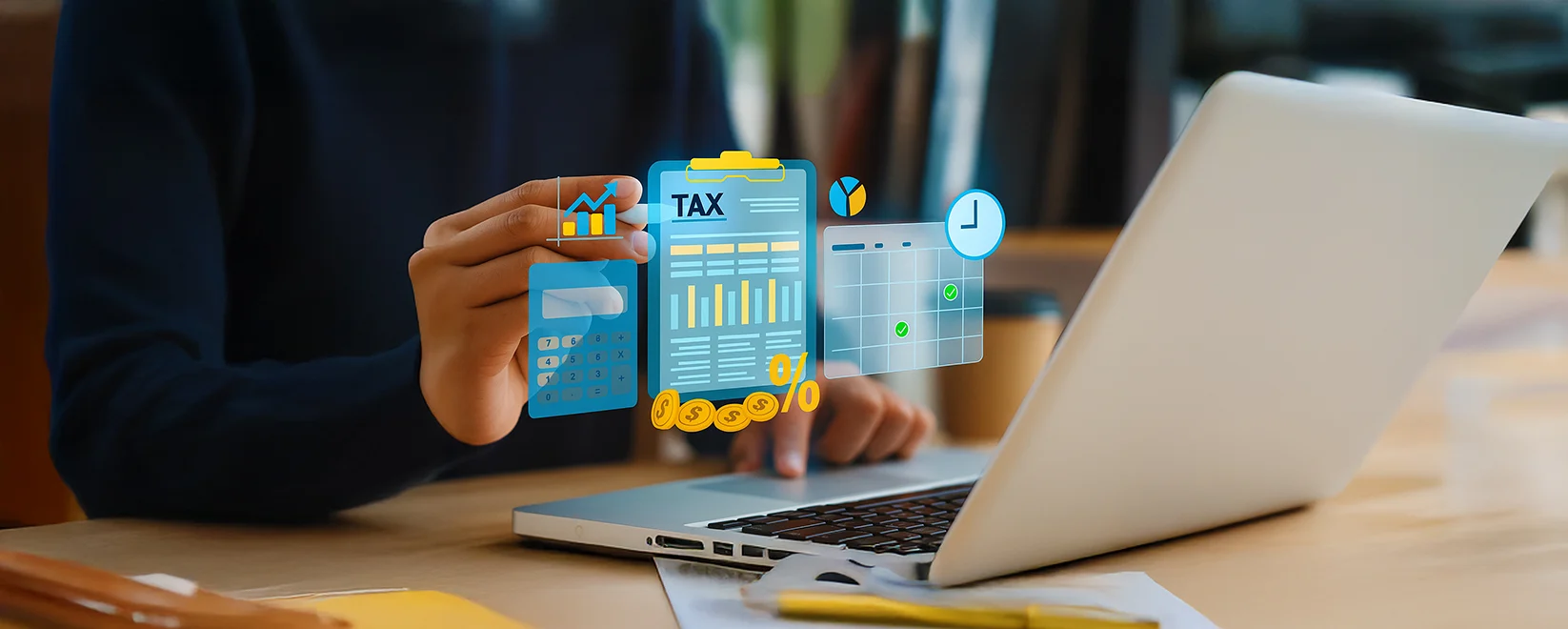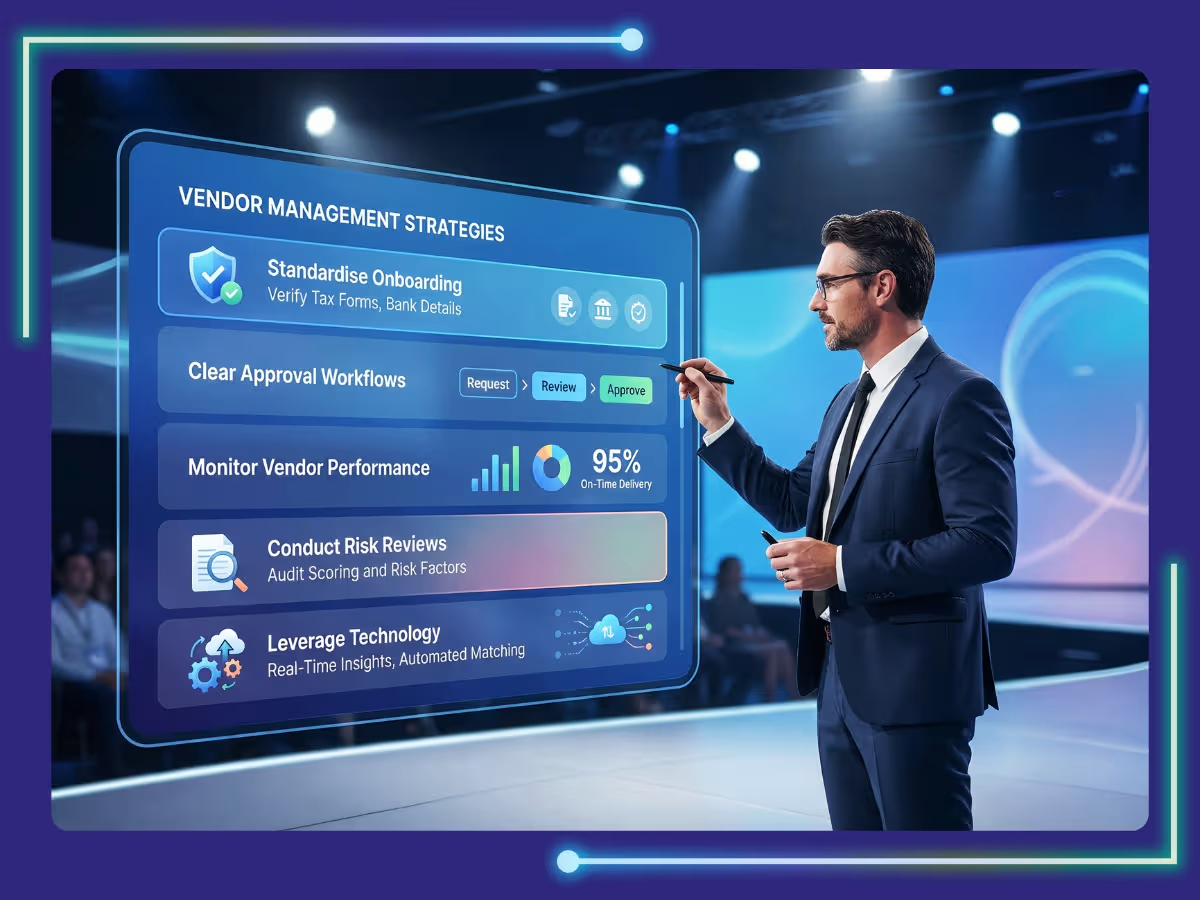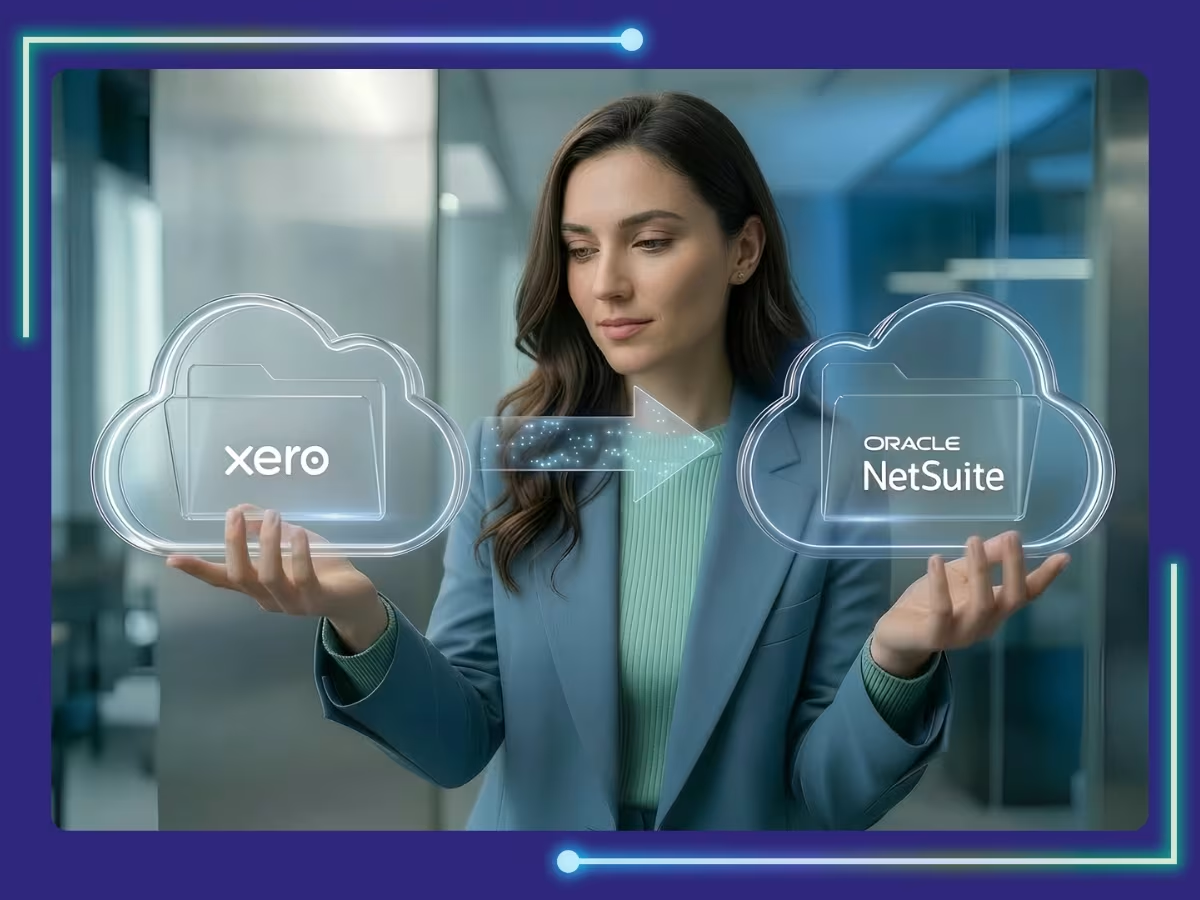Table of Content
Share This Article
- Published: Sep 4, 2025
- Last Updated: Oct 17, 2025
- 🔊 Listen
Quick Reads
- Maintaining accurate records is essential to effectively claim the full range of tax deductions allowed by the ATO.
- Correctly differentiating between operating expenses and capital assets significantly affects the timing and amount of tax deductions.
- Businesses should leverage special ATO incentives such as R&D tax offsets and capital gains tax concessions to reduce their tax liability.
- Following compliance best practices, like separating personal and business expenses and using cloud accounting systems, helps minimise audit risks.
- Engaging outsourced accounting professionals can optimise deductions, ensure compliance, and simplify tax management.

Claim Your Tax Relief!
Pay less in tax, gain more in growth
As tax season approaches, it’s essential to keep your records current and accurate. The Australian Taxation Office (ATO) allows you to claim various deductions, helping you save money and avoid unnecessary tax payments. You may be eligible for deductions on operating expenses, capital expenditures, special deductions, incentives, and other categories.
In this post, we’ll outline the deductions you can claim under ATO rules and share best practices to simplify compliance.
Key Tax Deductions Available to Australian SMEs in 2025
Certain tax deductions are available for different expenses, including operating costs, capital expenditures and depreciation, special deductions, and incentives. Below is a breakdown of these categories to help make your tax season smoother and more efficient:
Claiming Ordinary Business Operating Expenses
After covering the running costs that a company faces day-to-day, it’s worth shifting focus to bigger investments that help a business grow. Some purchases, like computers, vehicles, or equipment are not just typical monthly expenses. These outlays are considered capital assets under tax law and are handled a bit differently to ordinary expenses when preparing your tax return. The timing and method for claiming these are set by the ATO and can make a meaningful difference to your tax bill each year. Here are the operating expenses, in which deductions can be made:
- Premises: Rent for a business office, security, cleaning, utilities, and rates can be deducted so long as they’re not private or personal.
- Staff costs: Wages, salaries, and super payments (as long as paid by the deadlines) are deductible in full.
- Insurance: Public liability, professional indemnity, and similar insurance types are fully deductible if they’re directly related to business activities.
- Professional services: Accountancy and legal costs connected to business affairs (not private or capital structure changes) qualify for an immediate deduction.
- Advertising, software, and IT: Marketing costs, software subscriptions, web hosting, and related digital services dedicated to earning income are valid deductions.
- Travel and vehicle: Flights, accommodation, meals, and car expenses count where records are kept and the trips are business-related not private trips.
- Repairs and maintenance: Upkeep and repairs for business assets are deductible but building improvements or upgrades need to be claimed as capital expenses over time.
- Finance costs: Interest paid on business-related loans, bank fees, and merchant charges should be included, but any interest attached to private portions or denied assets isn’t deductible.
Capital Deductions and Depreciation
Once the dividing line between capital purchases and running costs is clear, the next step is working out how to claim back those costs. Depreciation and asset write-off rules have been designed to help businesses recover the value of eligible equipment and fittings over time or where the rules apply straight away. The ATO’s guidelines set out exactly when an immediate deduction is allowed and when you’ll need to spread deductions across several years. Below are the explained capital deductions that can be made:
- Instant Asset Write-Off: For small businesses (turnover under $10 million), assets costing less than $20,000 each (installment dates matter), may be written off immediately. This means the entire purchase price is deducted straight away, not dribbled out over up to a decade.
- Simplified Depreciation: Small businesses can bundle most assets into a general pool and claim depreciation at a faster rate. It keeps things simple—just pool and depreciate using the standard rules.
- Uniform Capital Allowance (UCA): Medium and large businesses (or those opting out of simplified rules) must depreciate assets over their effective life, claiming a fraction of the cost each year. Not everything can be written off instantly.
Special Deductions and Incentives
After asset deductions and standard running expenses, there are extra benefits offered by the ATO for supporting innovation, staff development, and sustainability. These incentives give businesses a chance to boost their claims beyond the basics, ideal for those investing in technology or upskilling staff. While some of these extras change each financial year, taking advantage of them can give your business an edge over tax time. Below are explained deductions for special expenses or incentives:
- R&D Tax Incentive: Companies investing in eligible research and development can benefit with a reduced tax bill (sometimes refundable, sometimes just a reduced liability), so long as the expenses fit the ATO’s criteria for R&D.
- Technology Investment and Skills & Training Boosts: These provided extra 20% deductions on digital business or employee training expenses (within eligible periods). While now closed, they still matter for claims relating to those years.
- Loss Carry-Back Tax Offset: For a limited period, companies could use current-year losses to offset profits (and taxes paid) in earlier years, triggering a handy refund. This is not ongoing but can be claimed for eligible periods.
- Capital Gains Tax (CGT) Concessions: Small business entities disposing of active assets can access discounts, including a 15-year exemption, 50% asset reduction, and a retirement exemption (up to $500,000), as well as the option to roll over a capital gain into new assets.

Other Key Deductions
After covering the main claim categories, it’s important to take a look at the extra deductions and technical rules that might slip under the radar. Old debts, super payments, prepaid costs, and home office claims each come with their own rules, but can all contribute to reducing your company’s tax. Ticking these items off the list can round out a thorough and effective tax strategy.
- Bad debts: Provided the income from the debt was included in a previous year’s tax return, companies can write off bad debts and claim them as a deduction so long as they’re genuinely irrecoverable and properly documented.
- Superannuation contributions: Super paid for staff is deductible (if on time and to a complying fund); penalties and interest for late super aren’t claimable.
- Prepaid expenses: Items like insurance or subscriptions that cover 12 months or less, and end in the following financial year, may be deducted straight away.
- Home office use: If a business runs from home, a portion of electricity, phone, and internet can be claimed. For occupancy expenses (like rent or the mortgage interest), these are only claimable if the home is used exclusively, or almost exclusively, as a place of business, taking care, as this could affect CGT if the property is sold.
Making Compliance Easy: Best Practices
ATO audits are not that stressful when a company’s records are in order. Here are a few tips:
- Use cloud accounting or digital filing systems to sort, store, and back up documents.
- Review expenses regularly, so nothing is missed or claimed in error.
- Separate personal expenses from business accounts to avoid complications.
- Work with a registered tax agent or accountant, especially for tricky areas like asset write-offs, CGT, and specific incentives.
Maximise Your Tax Saving with a Trusted Outsourced Accounting Partner
Bringing a professional accountant on board does much more than handling the books. It minimises errors in payroll, super, and GST, avoiding costly penalties and late filings. Expert tax planning identifies deductions and credits often overlooked by those who file taxes themselves. If the ATO initiates an audit, professional support helps maintain strong records. Outsourcing tax compliance also frees business owners to concentrate on growth instead of tax season headaches.
Whiz Consulting offers expert accounting outsourcing services designed to offer reliable tax support while maximising tax savings. By managing payroll, tax, and compliance confidently, Whiz allows business owners to focus on expanding their operations. With a dedicated team ready to support your financial needs, Whiz Consulting makes accounting simpler and more efficient. Connect with Whiz today and see how easy managing your finances can become.

Get customized plan that supports your growth
Have questions in mind? Find answers here...
Many small businesses miss deductions like home office expenses, vehicle running costs, work-related subscriptions, professional training, and pre-paid expenses. Even small costs add up, reducing overall taxable income significantly.
Australian businesses can claim an immediate deduction for the cost of eligible assets, like equipment or vehicles, instead of depreciating over time. Eligibility and thresholds depend on turnover and purchase date.
Yes. Outsourcing connects you with bookkeeping and tax experts who ensure compliance with ATO rules, optimise deductions and reduce errors which often results in saving more than the service costs.
Keep receipts, invoices, sales records, expense details, stock takes and asset purchase records for at least five years from the time of lodgment or from when the deduction is claimed.
Yes. Employer contributions to complying super funds for employees under seventy-five are generally fully tax-deductible if they meet Superannuation Guarantee or award obligations set out by the ATO.
General deductions are expenses that reduce taxable income. Small business tax concessions are extra benefits like simplified depreciation or capital gains tax relief that apply only to eligible small businesses.
Thousands of business owners trust Whiz to manage their account
Let us take care of your books and make this financial year a good one.






